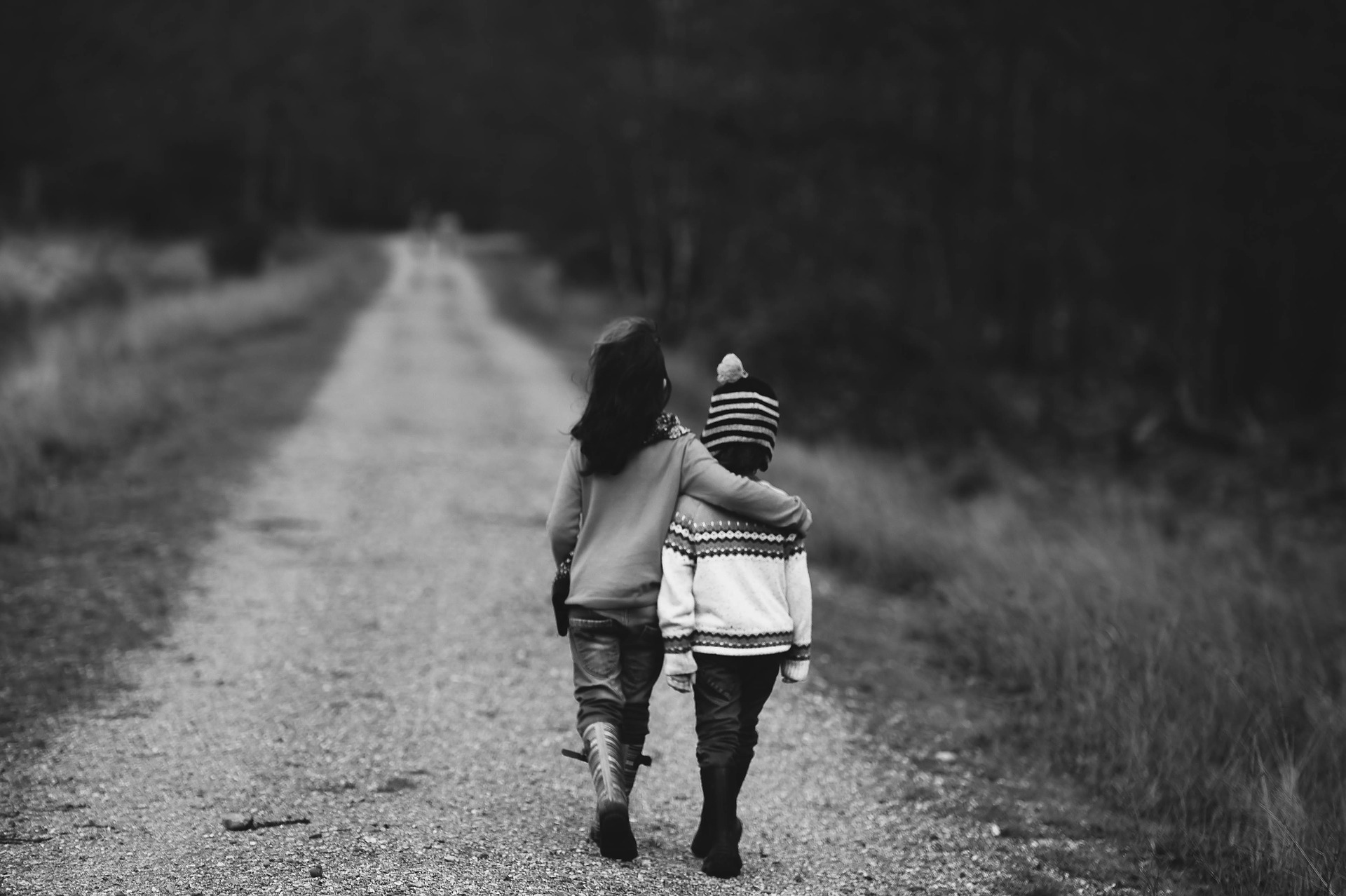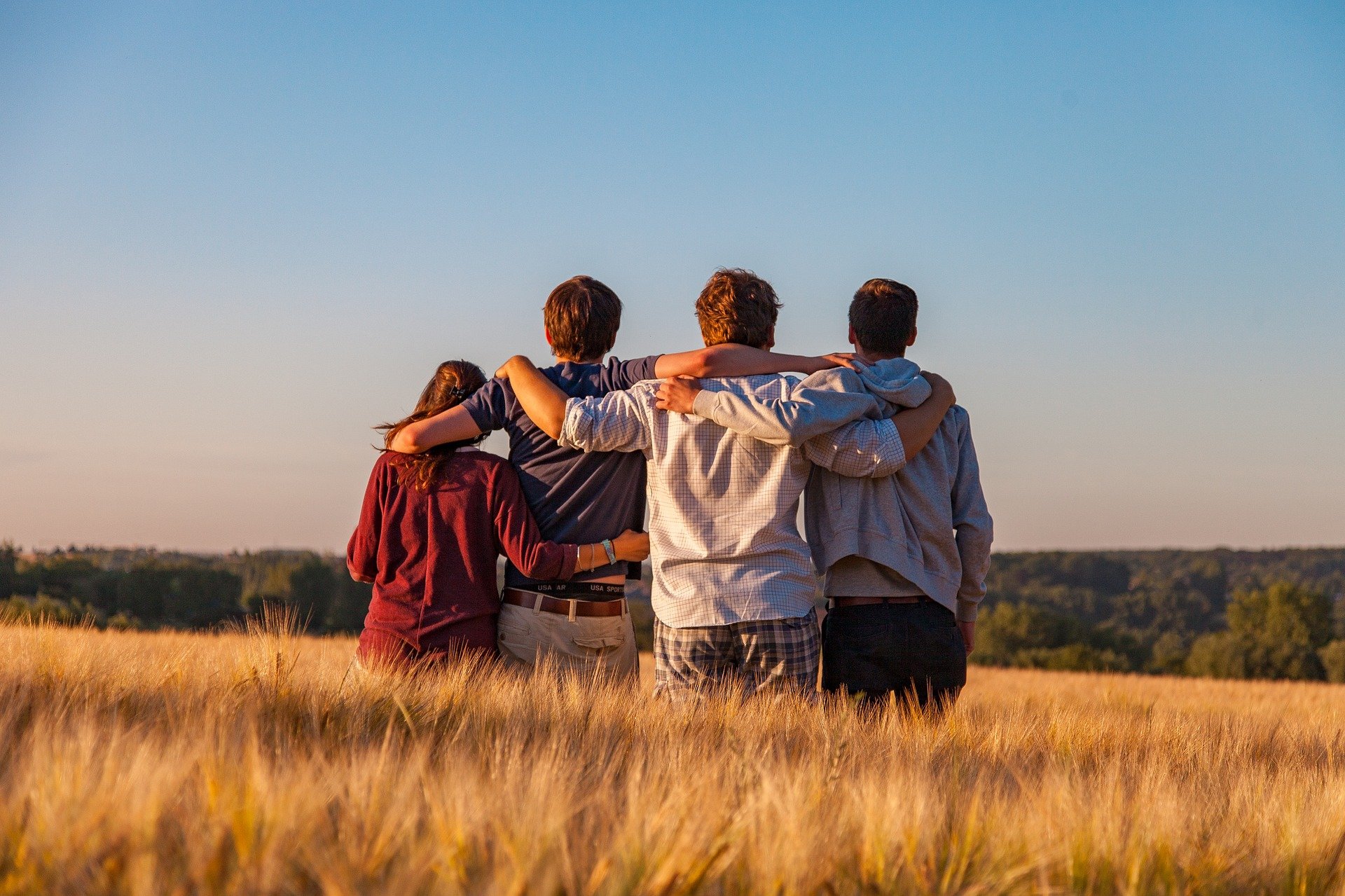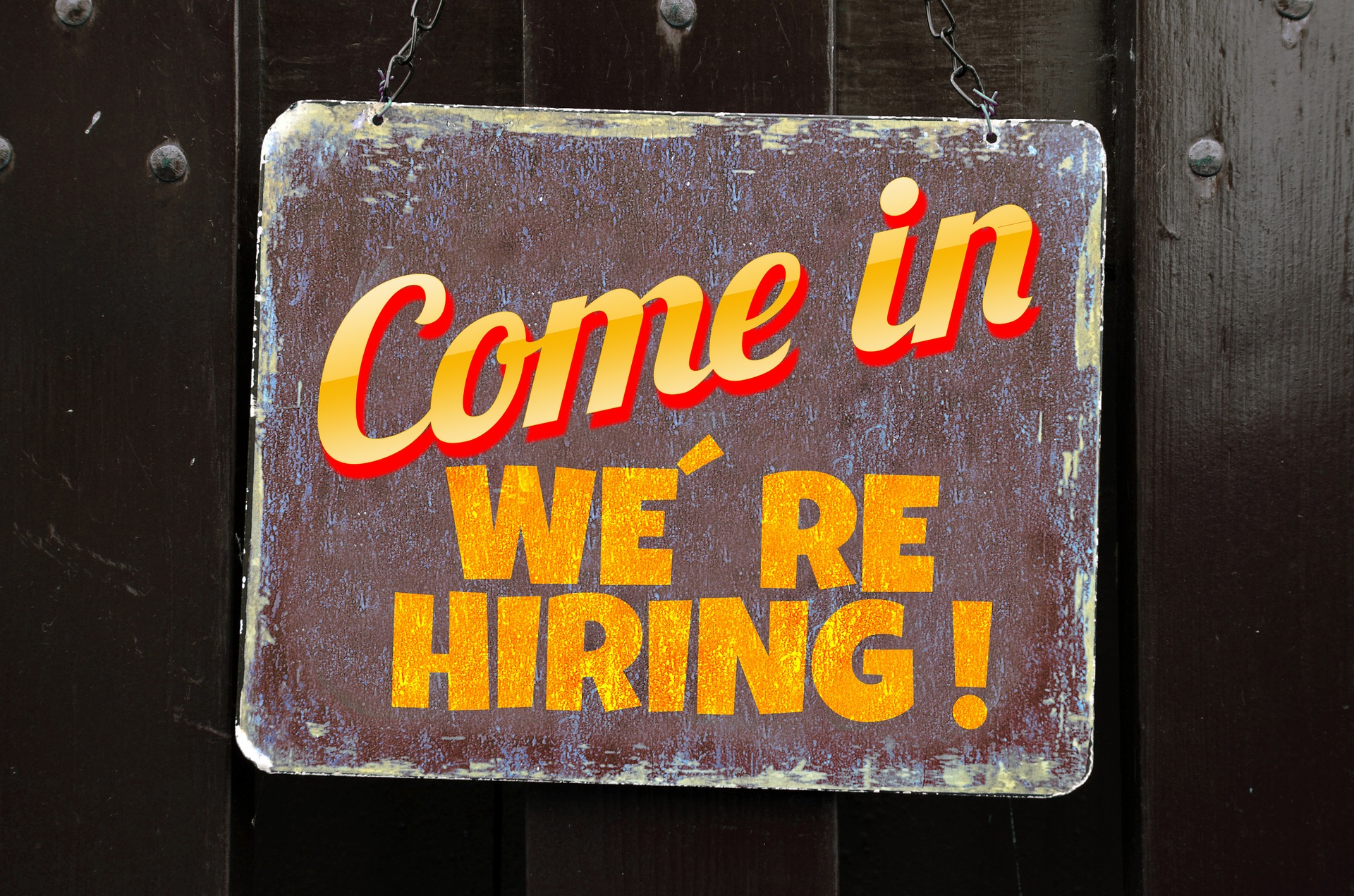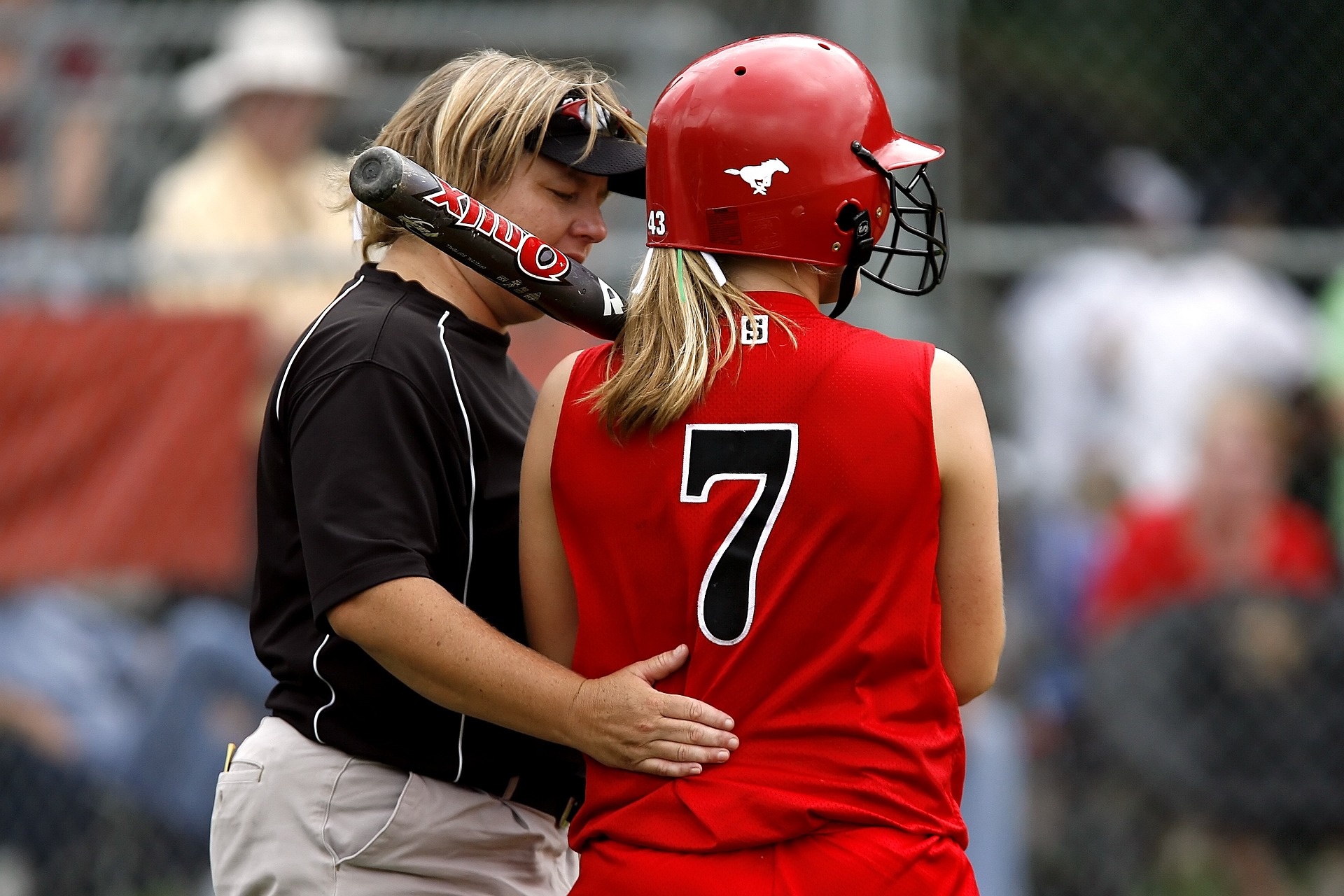The study found that six weeks of morning bright light therapy resulted in a marked decrease in daytime sleepiness.
This improvement was associated with improvements in the propensity to fall asleep and night-time sleep quality, according to the study.
The bright light therapy also affected depressive symptoms, researchers said.
“Our preliminary data suggests that morning bright light therapy might be helpful to reduce subjective daytime sleepiness and to improve night-time sleep,” said Mareen Weber, Ph.D., an instructor in psychiatry at McLean Hospital/Harvard Medical School.
“Importantly, the research also shows changes in brain activation during a demanding cognitive task, suggesting that bright light treatment might yield changes in brain functioning.”
For the study, researchers recruited 18 people with a documented history of at least one mild TBI and sleep problems that either emerged or were aggravated by the most recent injury.
For additonal information on recognizing depression in older adults, click here.





